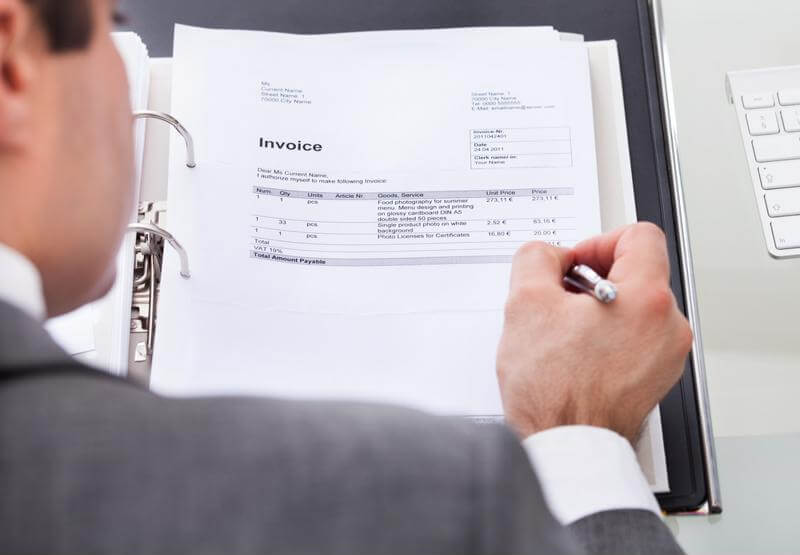Manual accounts payable processes present more than a few hurdles for enterprise accounting managers. Not only are they time-consuming, but any errors or misplaced documents can carry a hefty price tag.
Recent research from Canon found that, on average, more than 3 percent of all invoices contain mistakes. What’s more, finding a lost invoice can cost a company $125, and replacing an invoice costs around $225 on average.
«More than 3 percent of all invoices contain mistakes.»
Thankfully, robust automation has provided an ideal solution for common accounts payable issues like these. Automated accounts payable processes help companies push through accurate invoices more quickly, resulting in faster payment to vendors and customers.
But these aren’t the only advantages automation can provide. Security, particularly fraud, is an increasingly critical priority for accounting managers, and represents another arena in which automation can help.
Today’s top invoicing scam
The accounting department is a top target for cyber attackers, as this section is in charge of sensitive payments and other valuable information. Threats aimed at enterprise accounting processes are nothing new, but recent scams are becoming increasingly sophisticated.
J.P. Morgan recently reported on a popular wire fraud scam which preys upon businesses’ invoices processes. Attackers utilize an email that mirrors a recognized partner’s name and brand in order to make the message appear real, and ask for immediate payment on an invoice, requesting funds to be wired to a specific account. Due to the legitimacy of the initial message, the recipient submits the invoice and completes the payment. However, the victim overlooked a small difference in the name or branding that can point to a well-crafted fake.
«By finding individuals who haven’t enabled privacy features on their social media accounts and then using that publicly-available data to craft believable, fraudulent emails, criminals trick businesses into quickly sending funds by creating fake, urgent situations,» J.P. Morgan explained. «Frequently, victims don’t realize they’ve been duped until they confirm the transfer of funds with a vendor or manager – when the money is already long-gone.»
 Manual accounts payable processes create security risks.
Manual accounts payable processes create security risks.Where automation comes in: Validated security
More often than not, successful attacks rely on the fact that businesses utilize manual processes for their accounts payable activity. In this way, the email recipient – a specifically-chosen target in the accounting department – can be tricked into invoice payment.
An automated solution, however, can stop this type of fraud in its tracks. Automated accounts payable technology comes with numerous advantages, including the ability to automatically match payment requests with the company’s internal invoicing information. In other words, before payment can go through, the technology ensures that everything matches according to dates, accounts, payment references, deposit or check numbers, and other data. This is information that even the most advanced phishing message wouldn’t include, adding a extra layer of security before invoices are paid.
In addition, automation means payment processes are centralized, enabling internal IT teams to have full control over security parameters and the transmission of sensitive data.
These added security measures bring protection and peace of mind for your accounts payable stakeholders, helping them guard against today’s most pervasive threats. To find out more, contact the experts at SKsoft today.
